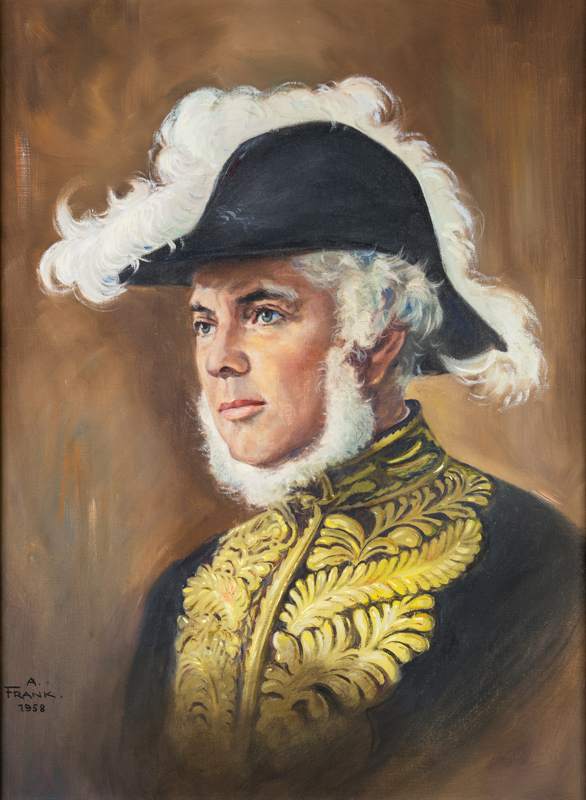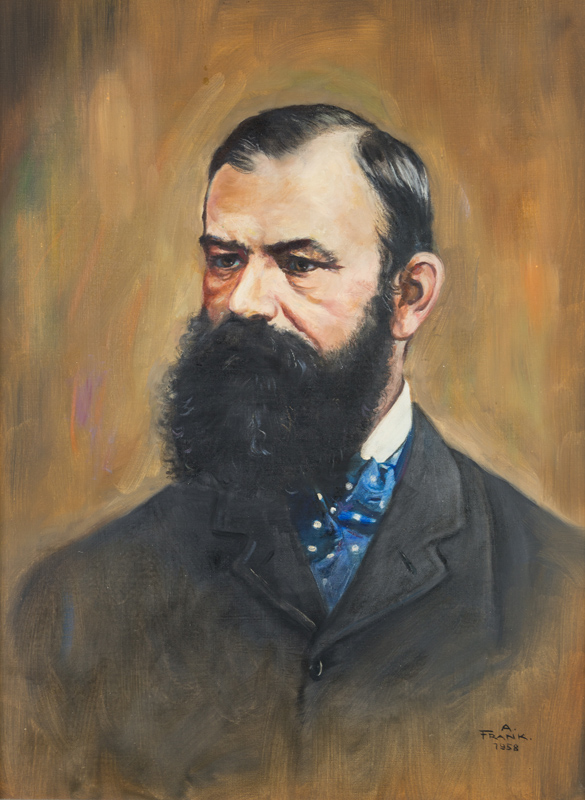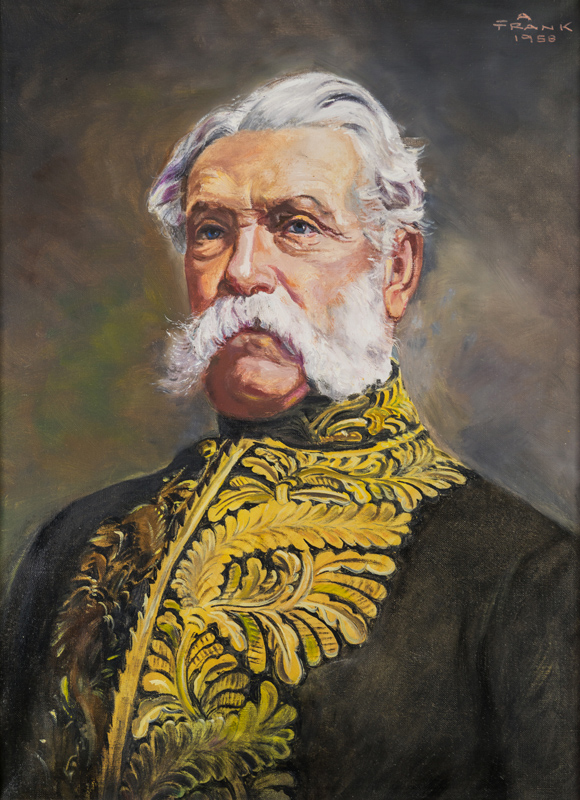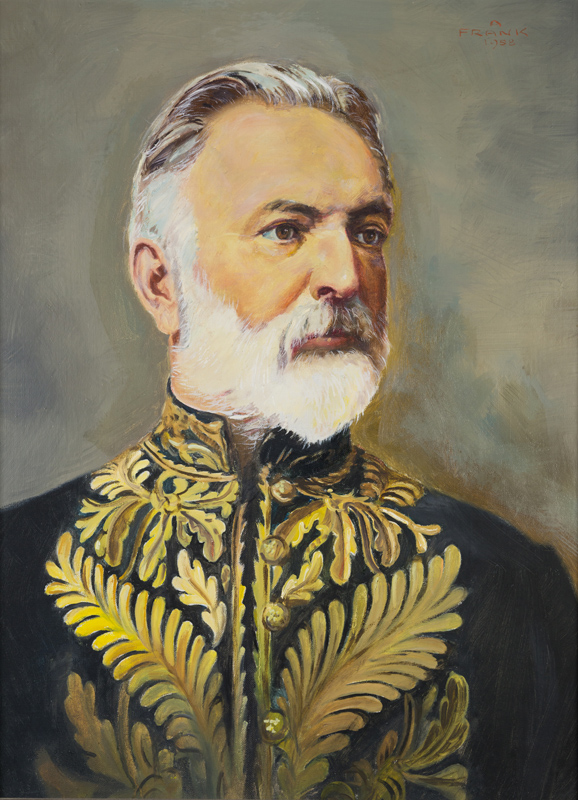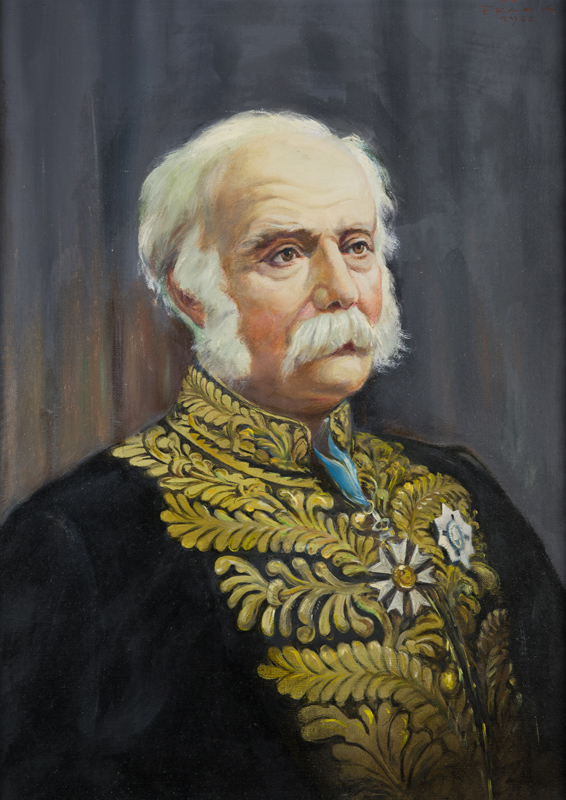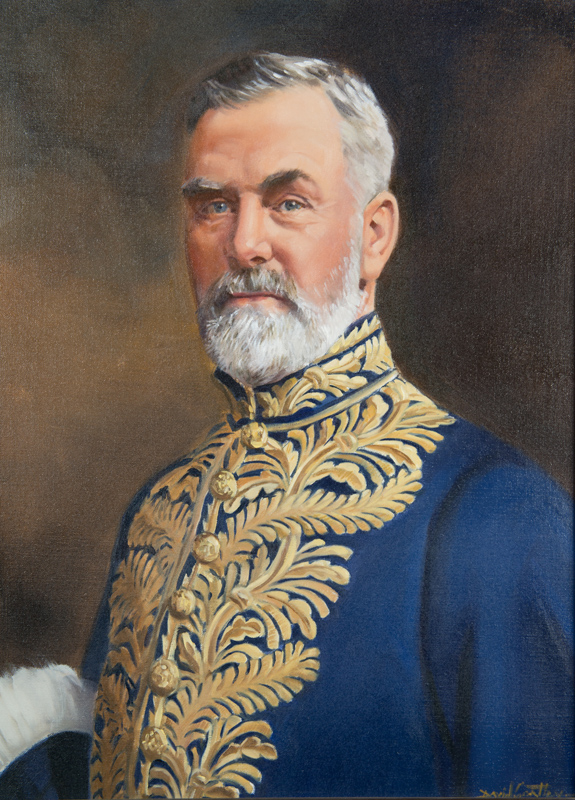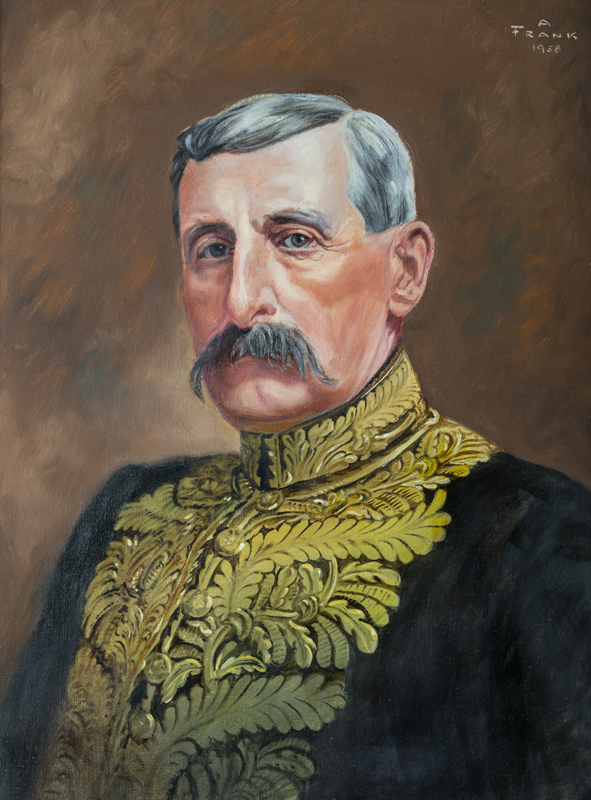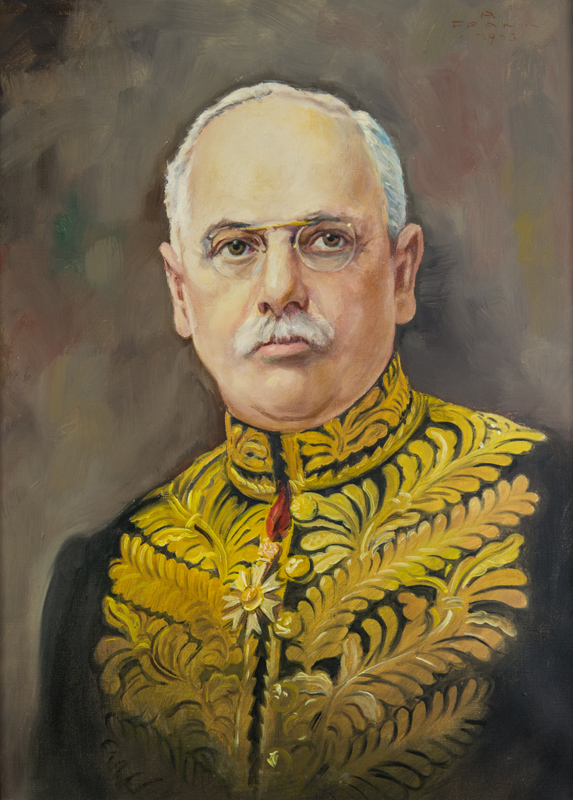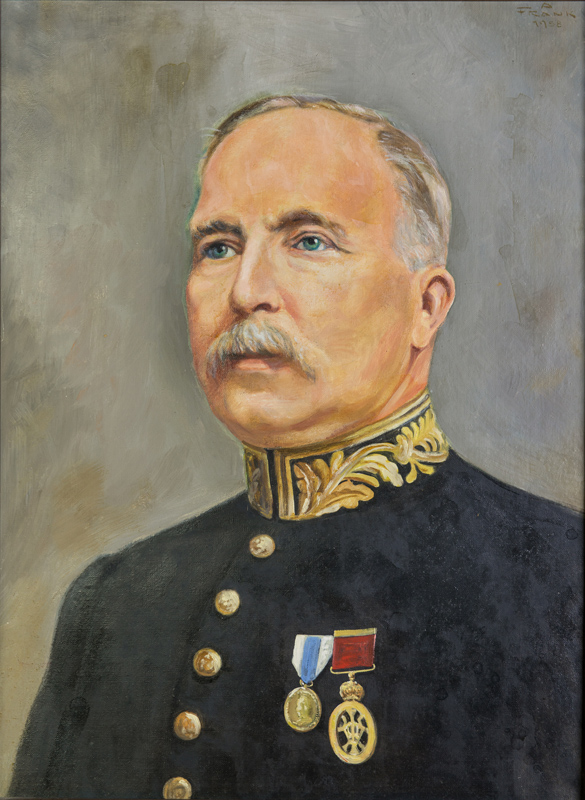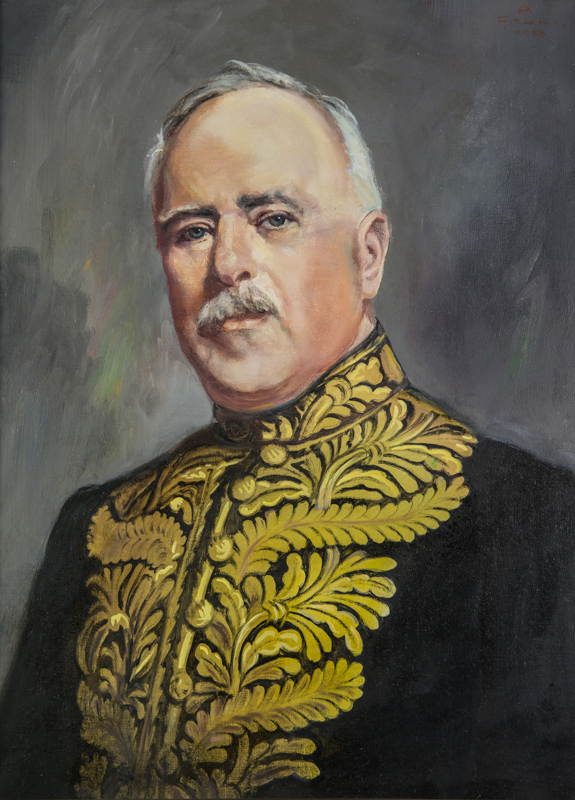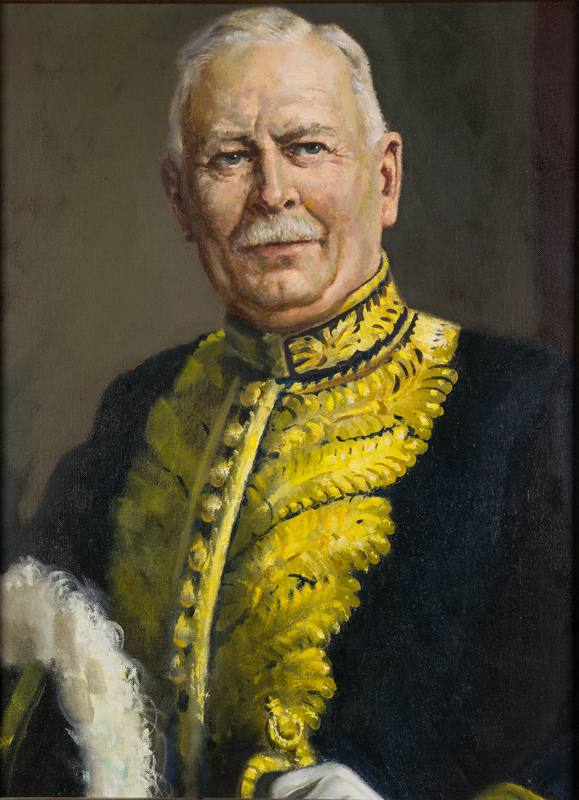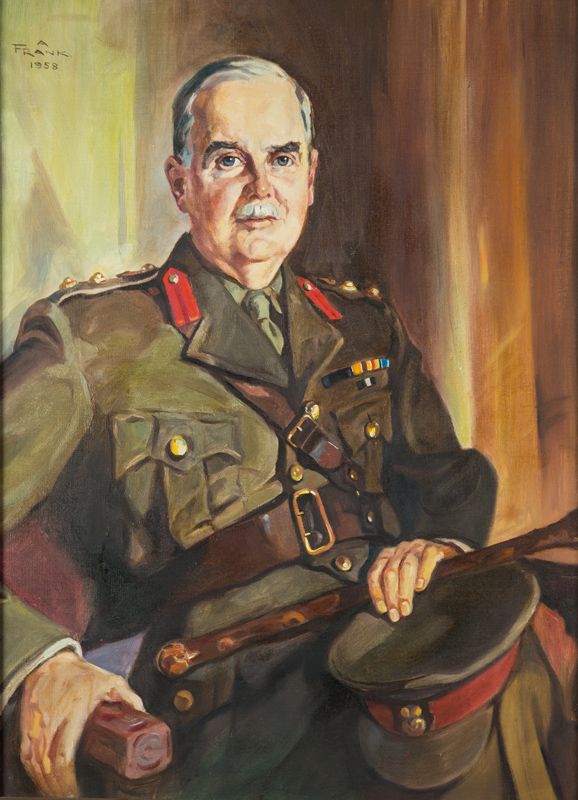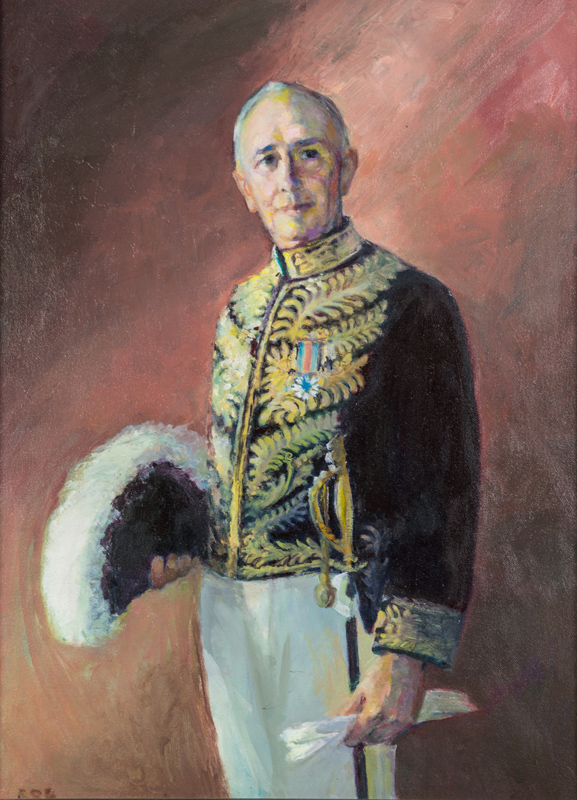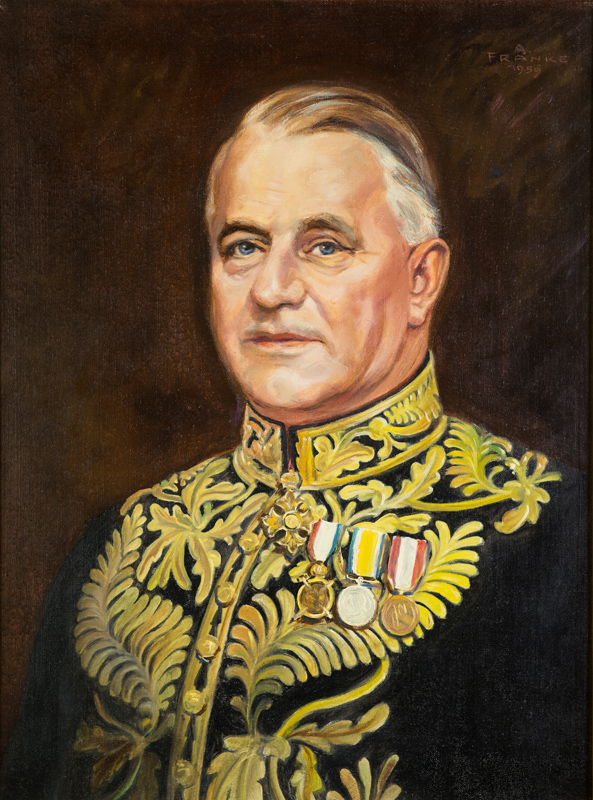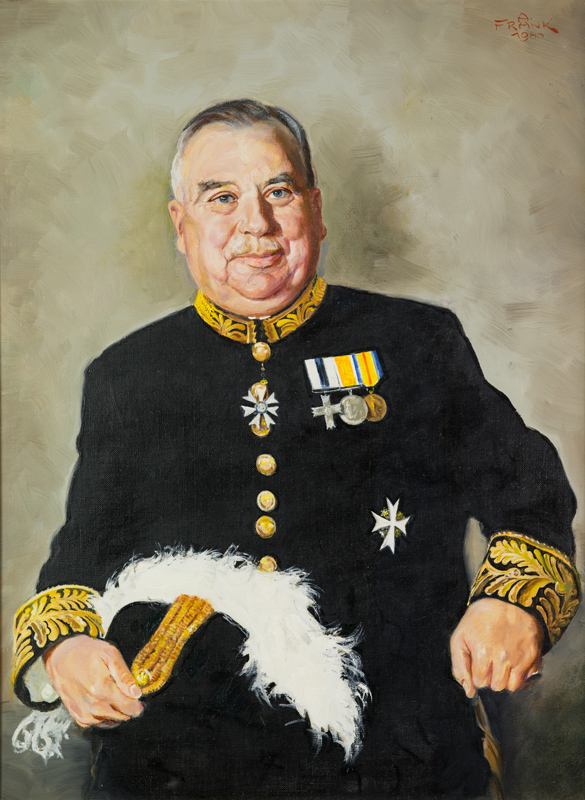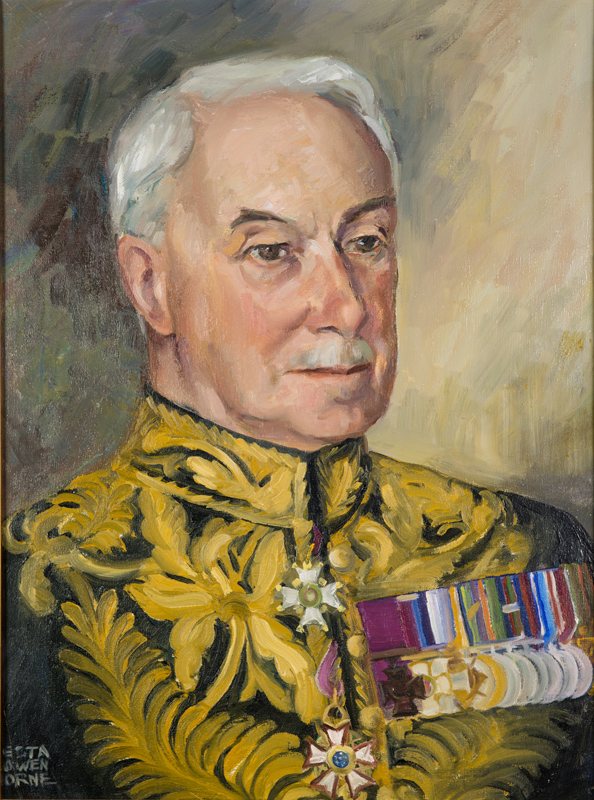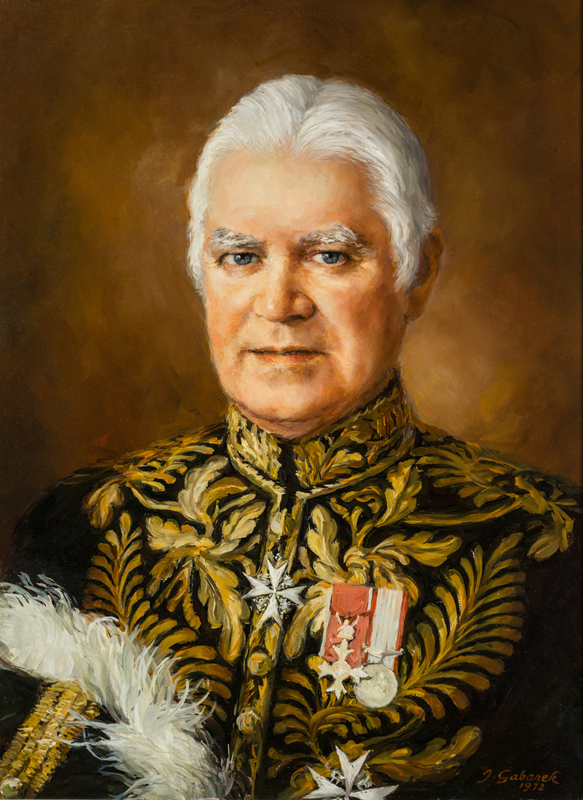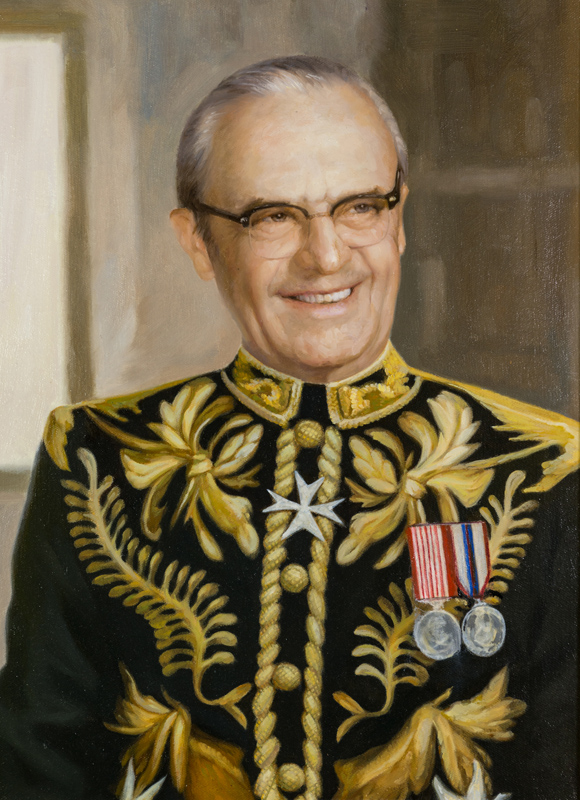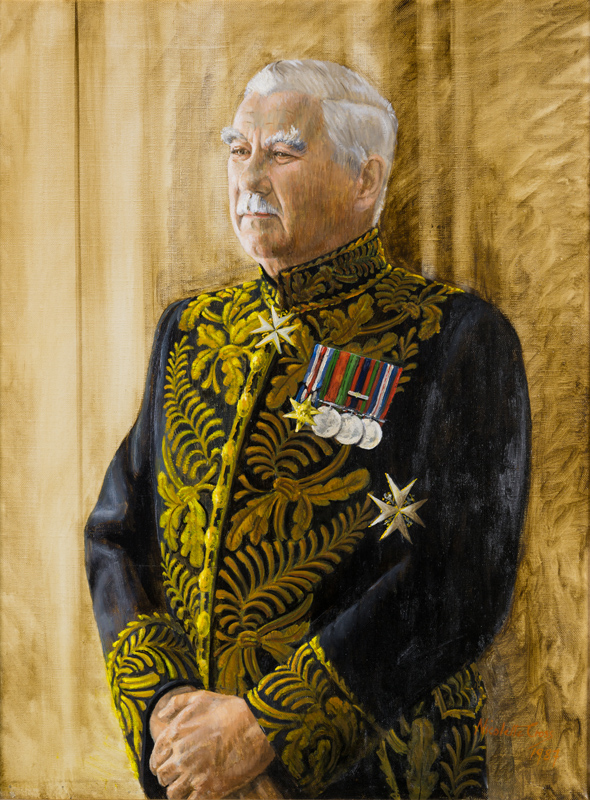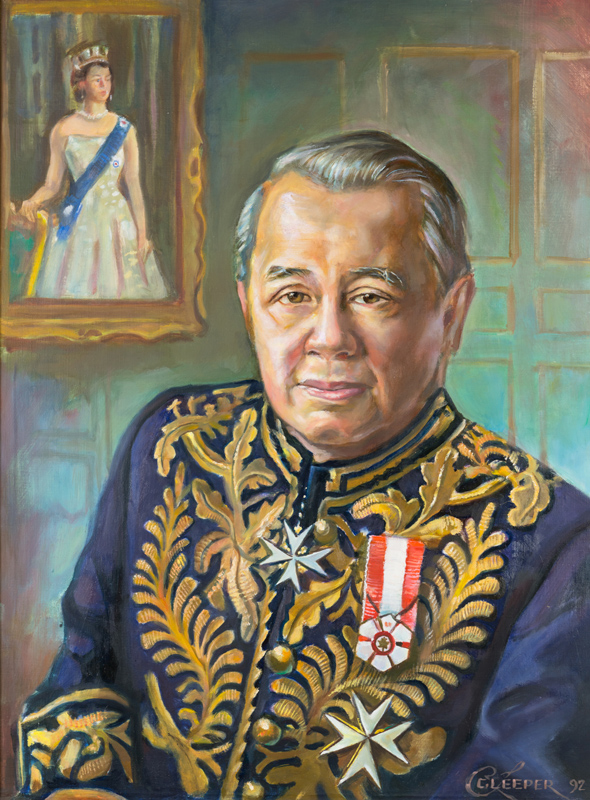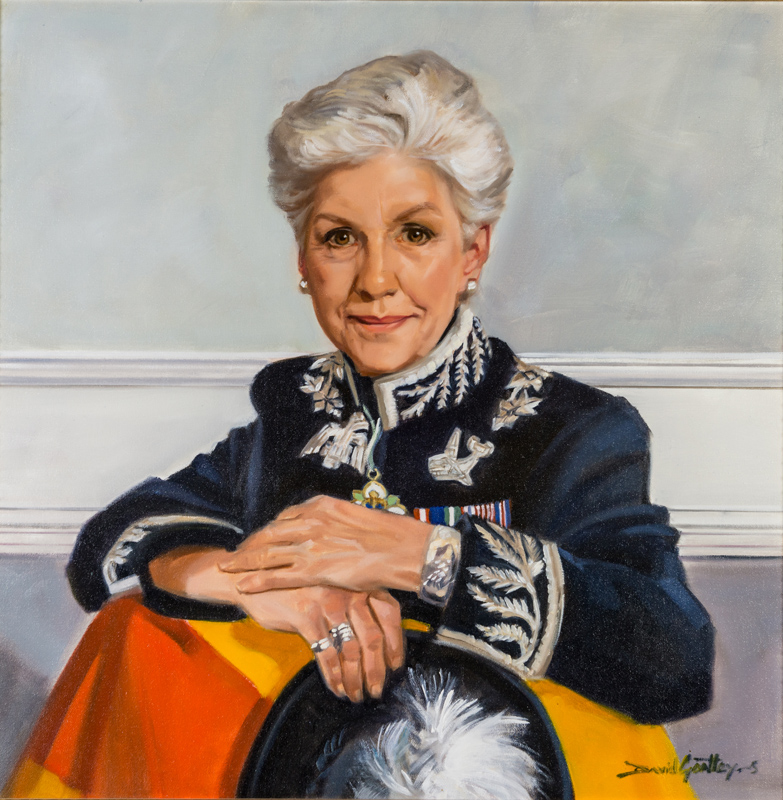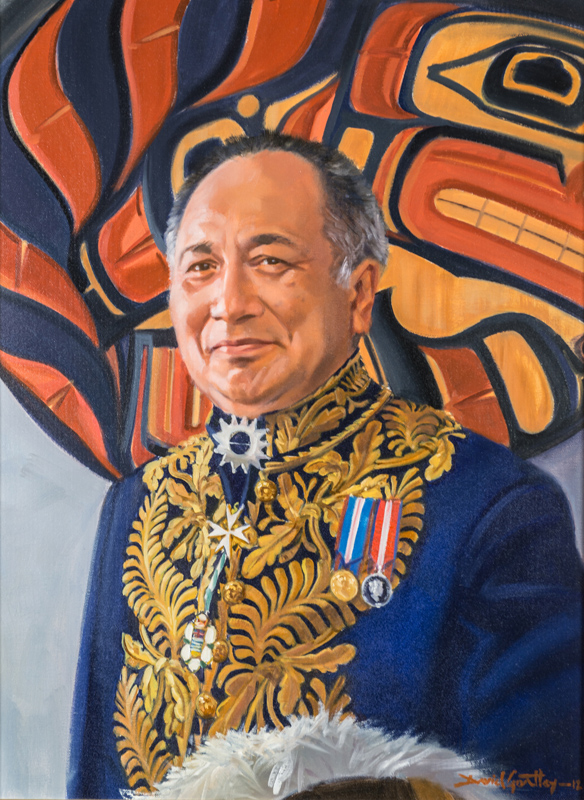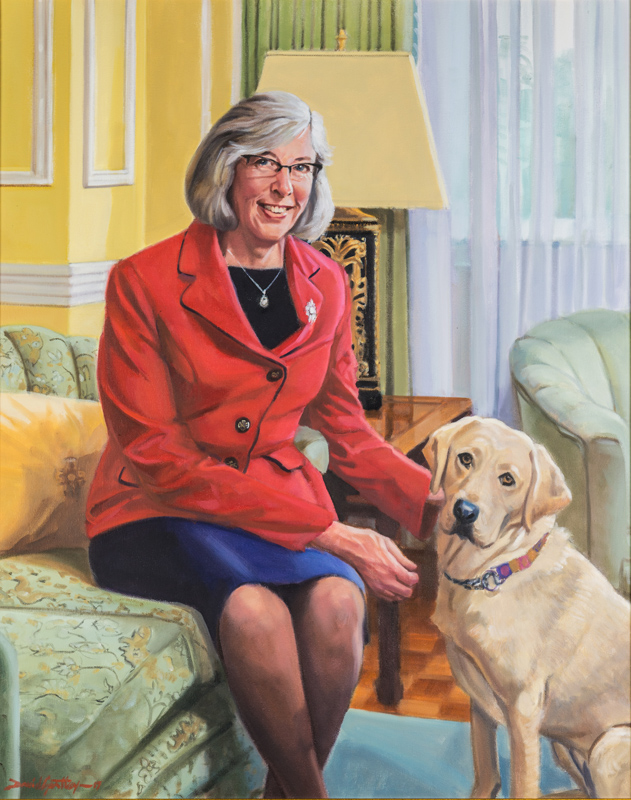Canada's system of government is a constitutional monarchy. It is a parliamentary system of government based on the Westminster tradition. The Canadian monarch is the same person as the British monarch, King Charles III. He is King of Canada and the constitutional head of state of Canada. The Governor General represents the King in Canada at the federal level. Lieutenant Governors are the King's representatives in each province. They are appointed by the Governor General through an Order-in-Council that is proposed by the Prime Minister and approved by the federal Cabinet.
Executive government in British Columbia is vested in the Lieutenant Governor acting by and with the advice of the Executive Council (which is also known as Cabinet). The Premier selects MLAs from their party and advises the Lieutenant Governor to appoint them to the Executive Council, making them Cabinet ministers. The Lieutenant Governor also has the power to dismiss both the Premier and Cabinet ministers.
The Lieutenant Governor usually acts on the advice of the Premier, although there are occasions when the Lieutenant Governor may refuse to act on this advice. There are several examples of this happening throughout Canadian history with two of the most significant being:
- The King/Byng Affair - A Canadian constitutional crisis occurred in 1926 when Governor General Lord Byng refused Prime Minister Mackenzie King's request to dissolve the federal Parliament to call for a general election.
- The B.C. 2017 Election - After losing a vote of confidence in 2017, B.C. Premier Christy Clark met with the Lieutenant Governor Judith Guichon and requested dissolution of the Assembly. The Lieutenant Governor declined the Premier’s request. The Premier offered her resignation as the leader of the government, and the Lieutenant Governor then invited the Leader of the Official Opposition, NDP MLA John Horgan, to form a new government.
Did You Know?
The Lieutenant Governor's approval (called Royal Assent) is needed before a bill passed by the Legislative Assembly can become law. Any government bill that requires spending public money (our tax dollars) or imposes a new tax must, by law, be accompanied by a recommendation, or "message," from the Lieutenant Governor when it is introduced in the House. This requirement harmonizes control of public spending and dates back hundreds of years, when only the king or queen could raise funds for public projects. However, the practice in B.C. is that all government bills are accompanied by a message from the Lieutenant Governor.

